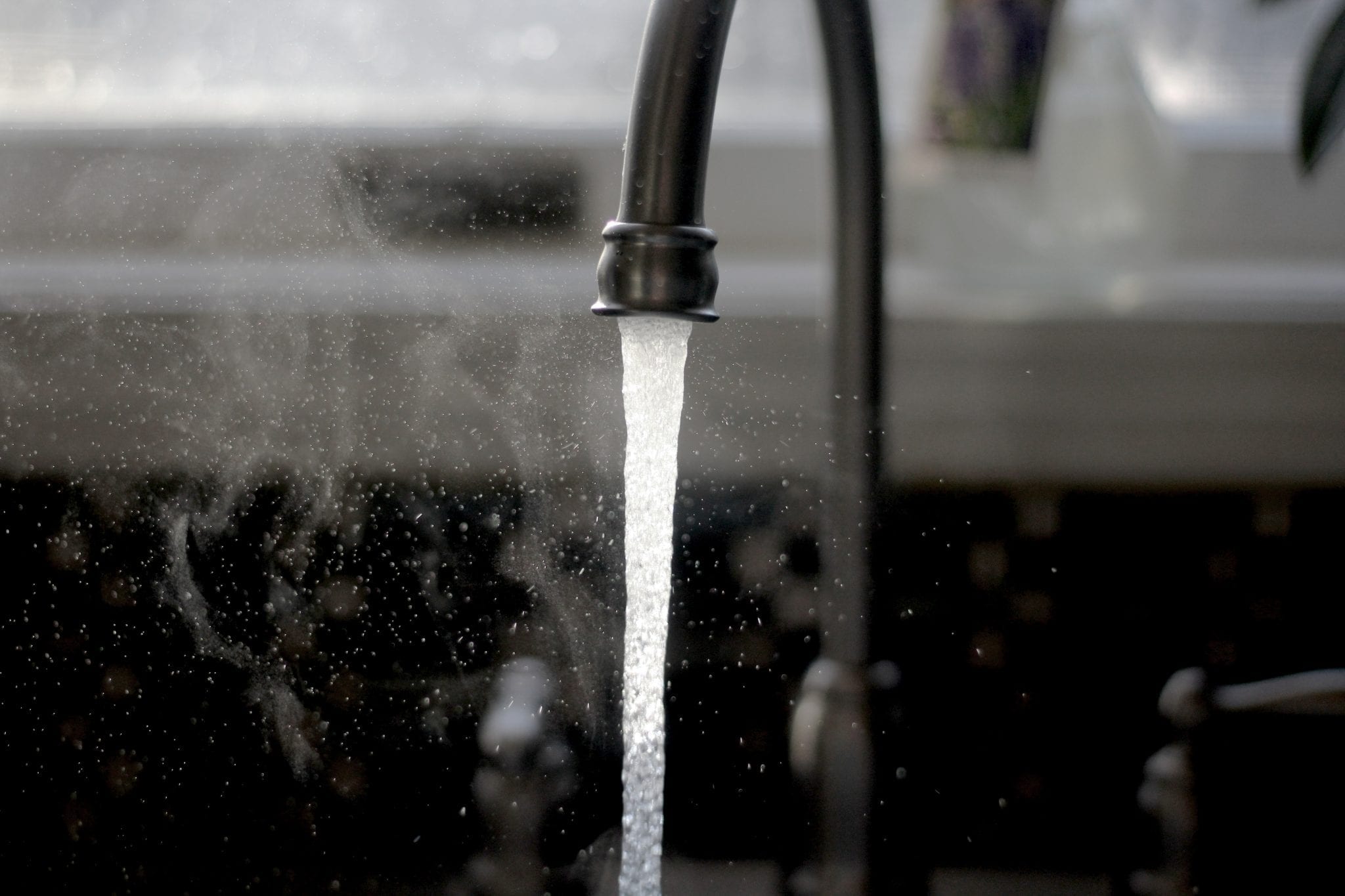Is Newark’s Water Safe to Drink Despite Lead Problem?
Two years ago, it was reported that elevated levels of lead had been found in Newark schools’ drinking water. Soon after, evidence showed that there was a widespread lead problem, pointing towards a possible public health crisis. However, officials at the time offered a blanket statement saying the water was “absolutely safe to drink” and a robocall promoting the city’s pipe replacement program claimed that the water was “safe” and that the issue was “confined to a limited number of homes.”
“The robocall incensed me,” said Yvette Jordan, a Newark teacher and a member of the Newark Education Workers Caucus. “The gist of it was that everything was fine.”
Now, the same officials are giving away nearly 40,000 water filters across the city, finally taking action after a study commissioned by the City of Newark discovered lead prevention efforts were failing at one of the city’s two water treatment facilities. They’re saying that children under six years old in homes with lead pipes being served by the plant should not be drinking unfiltered tap water at all.

Exposure to lead is not safe for children, in general, and can result in many health issues including mental and physical impairment. In adults, exposure can lead to a slew of health issues and complications as well. Symptoms of lead positioning may include stomach pain and digestive issues, headaches, irritability, memory problems, infertility, anemia, seizures, or even death.
“This suggests a pervasive problem throughout the city coming from a variety of sources, and water could easily be one of them,” said Peter Chen, policy counsel at Advocates for Children of New Jersey (A.C.N.J.).
“The parallels to Flint are fairly clear: The city was denying a problem even though its own data was showing problems,” Erik Olson, Senior Director at the Natural Resources Defense Council, said. “Newark is not as extreme as Flint but still a serious problem.”
The Natural Resources Defense Council filed a lawsuit against the city this past summer alleging it had violated federal safe drinking water laws. However, Mayor Ras Baraka has continued to defend how the city handled the situation, saying that it is more an issue with its infrastructure than anything else.
“When you make a statement that the drinking water is not safe, it is yelling fire in a crowded room,” he said. “In fact, Newark has some of the best drinking water. The problem is that our infrastructure is not safe.” He added, “If we don’t have corrosion control measures that effectively reduce the amount of lead that’s going into people’s water before we change their lead service lines, we need to act.”
“The city’s water coming out of the reservoir is safe,” said Kareem Adeem, the assistant director of Newark’s Department of Water and Sewer Utilities. “The city’s water leaving the treatment plant is safe; the city’s water entering the city’s distribution system, the city’s water main, is safe. The only problem is when the city’s water enters into those lead lines.”
Newark is in the middle of addressing the troublesome infrastructure and replacing lines.


Join the conversation!